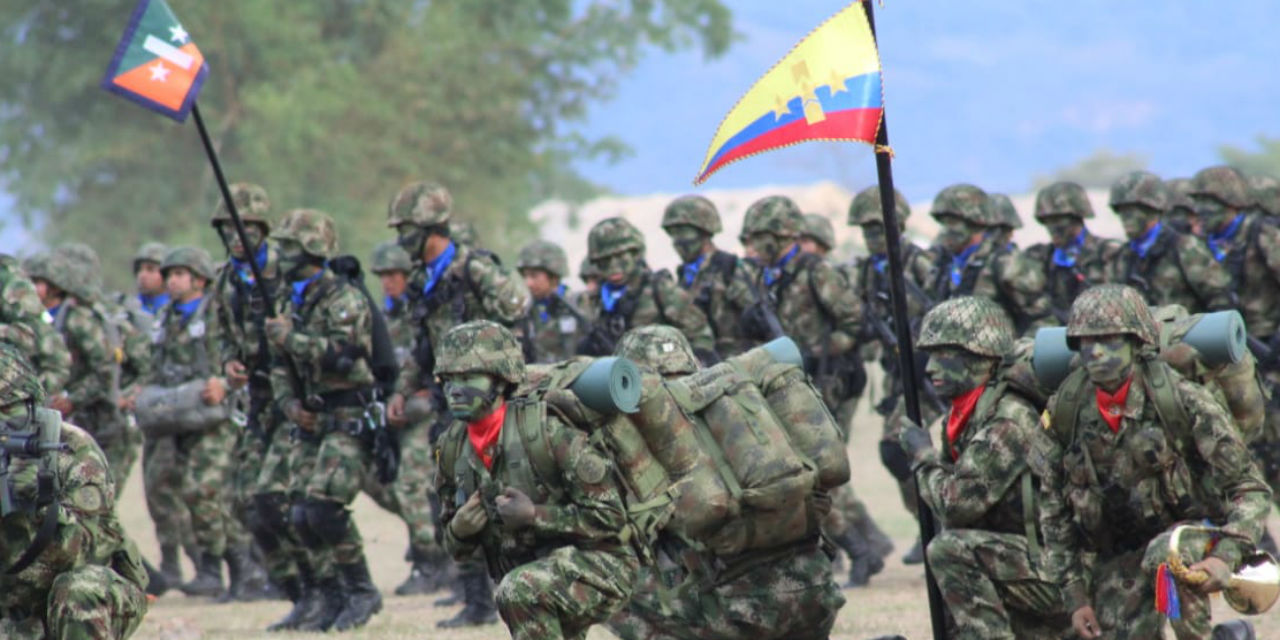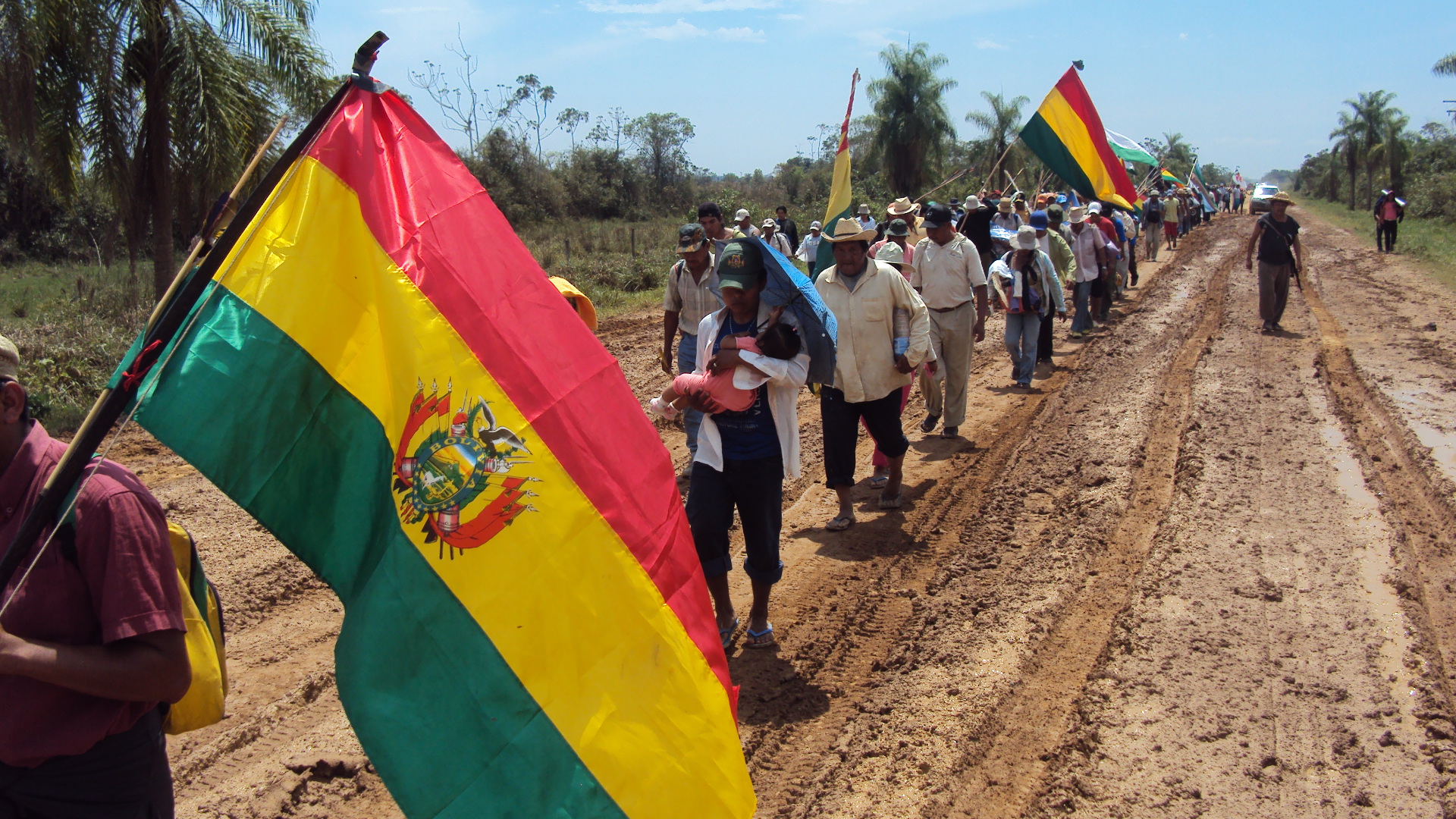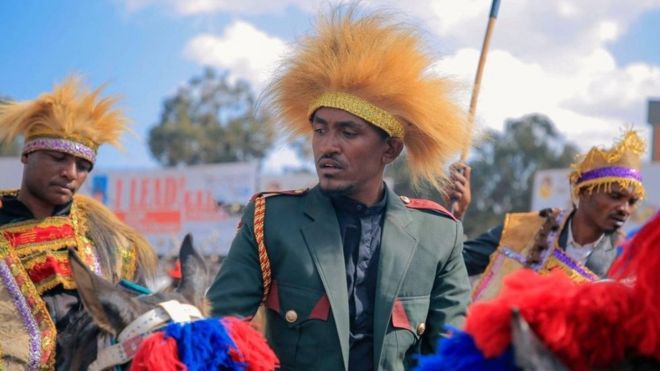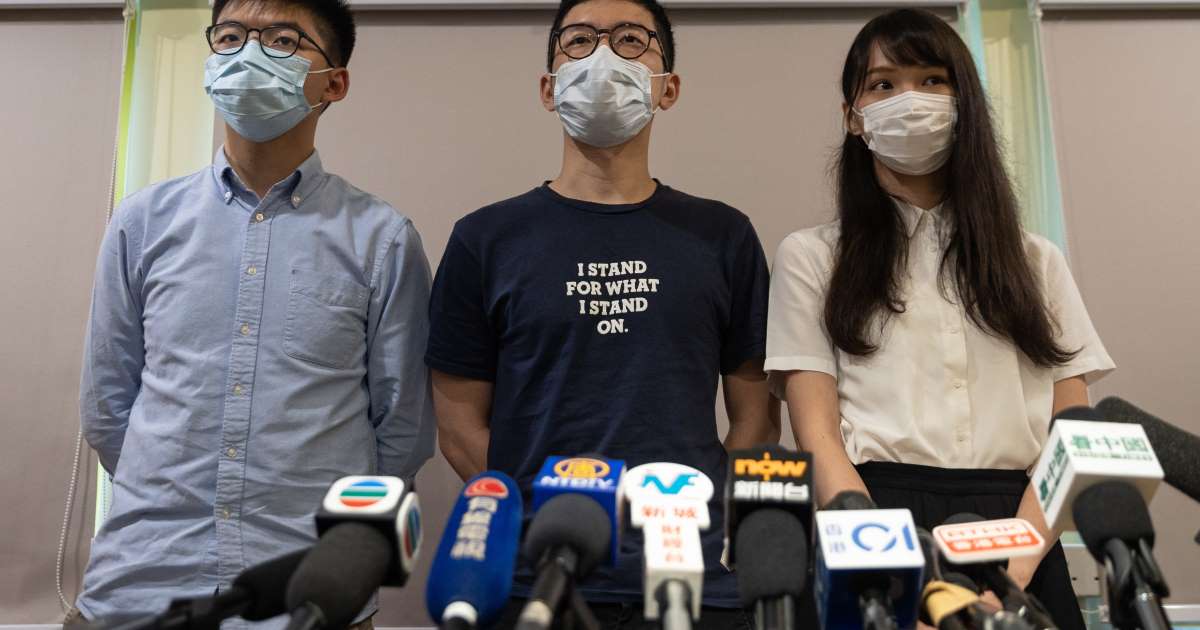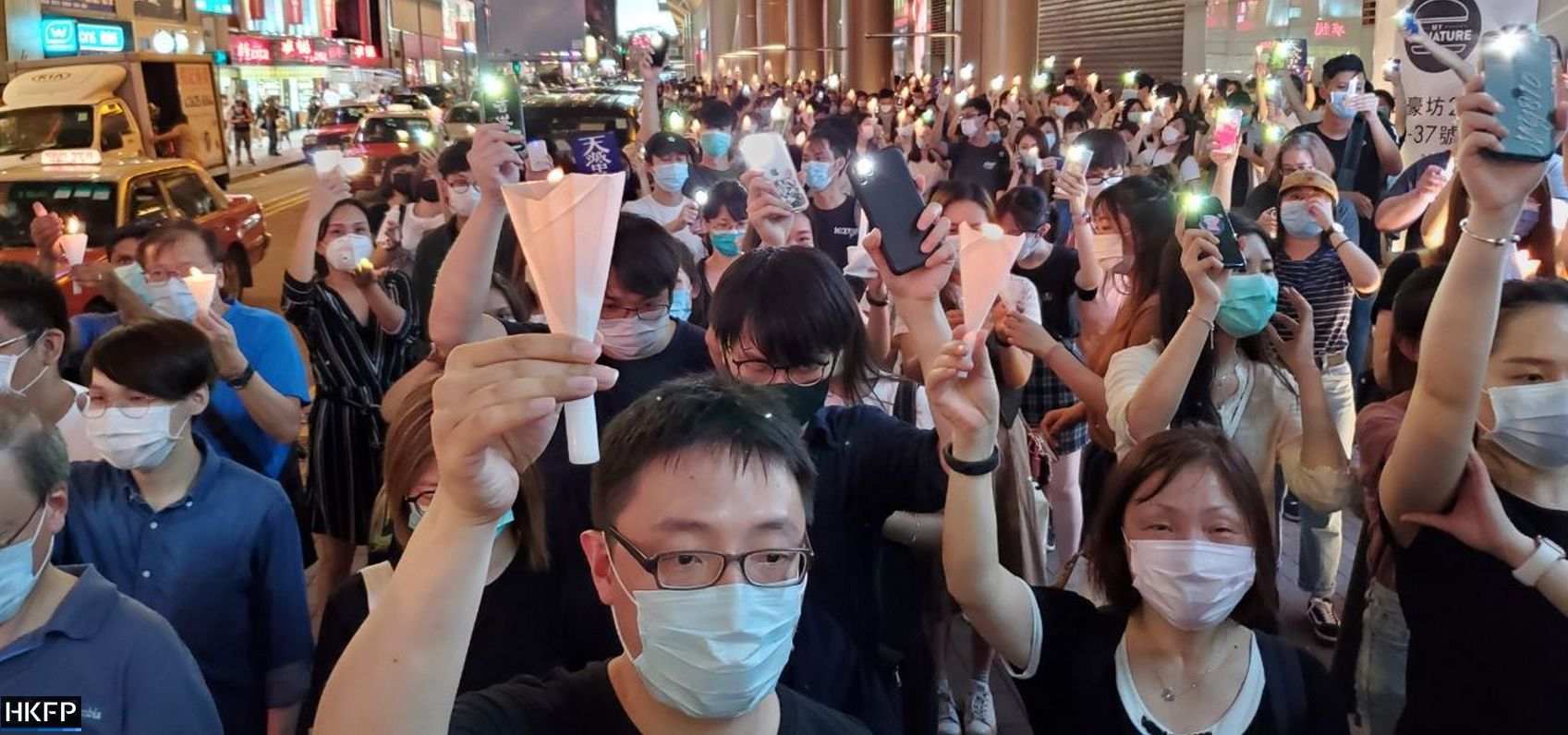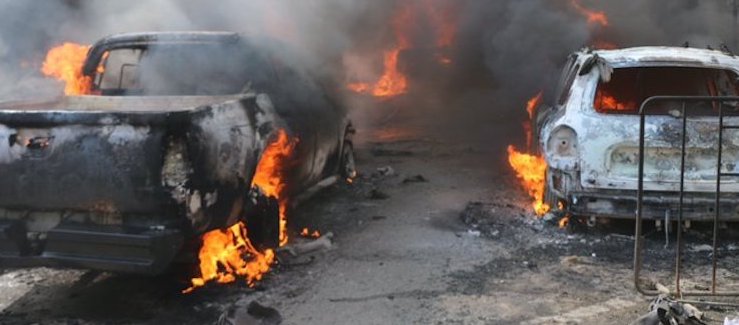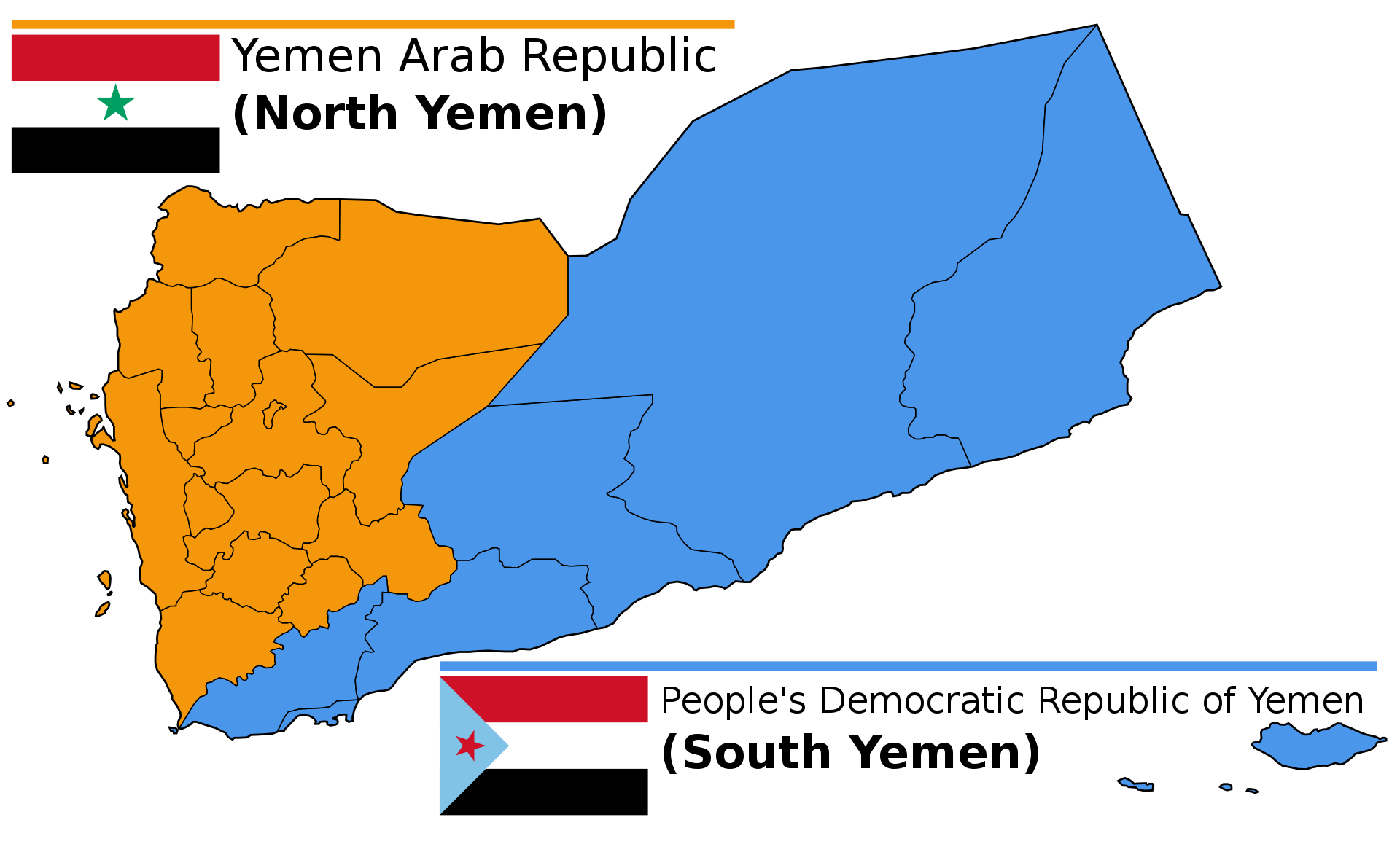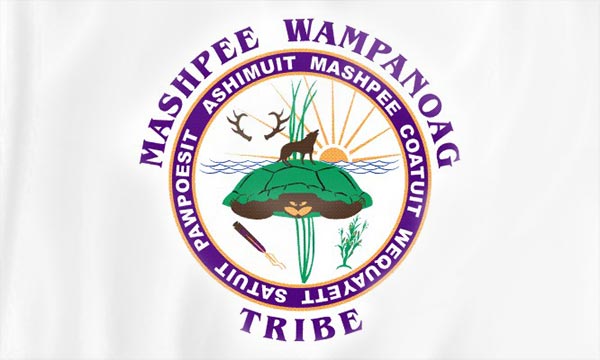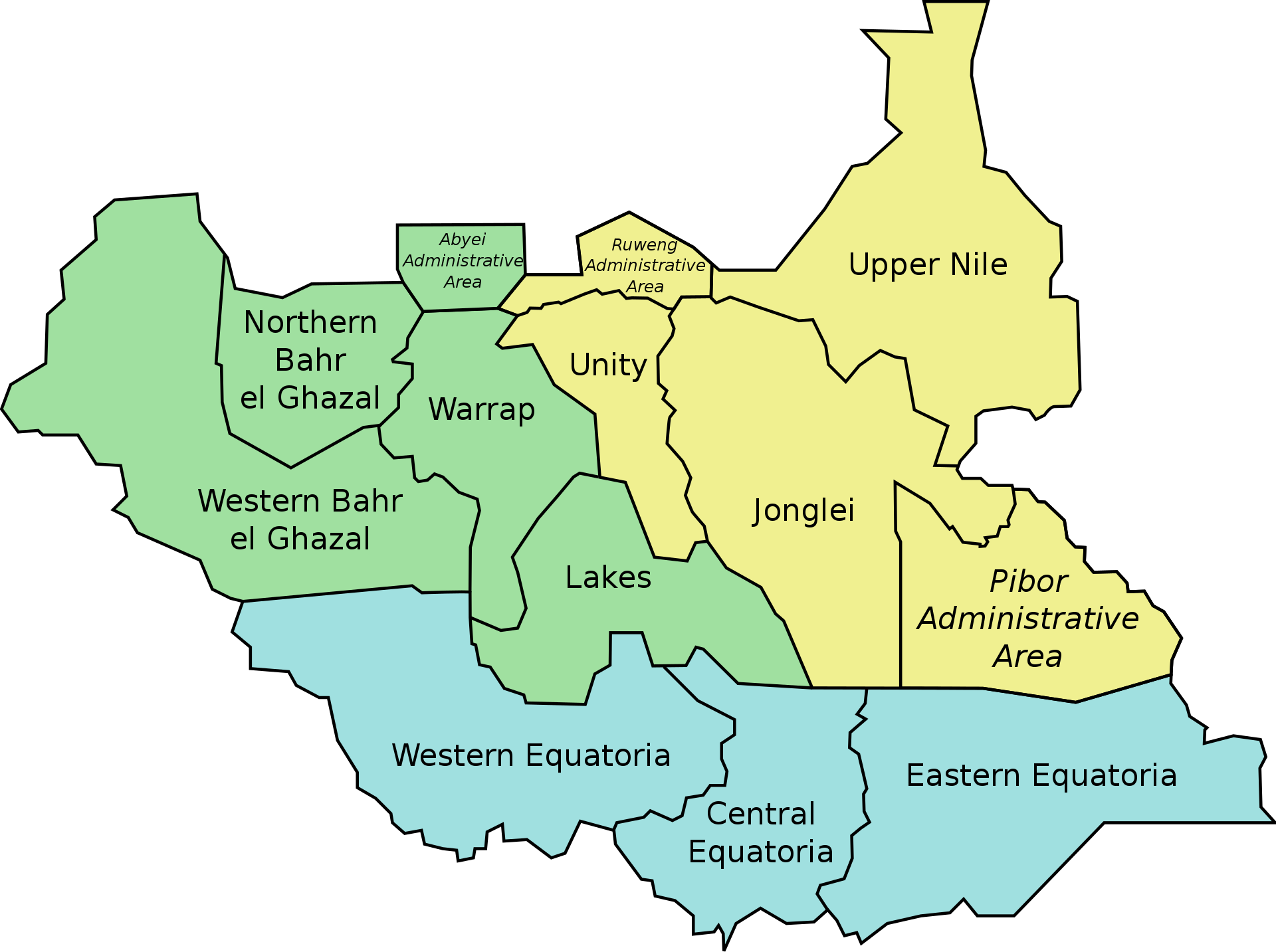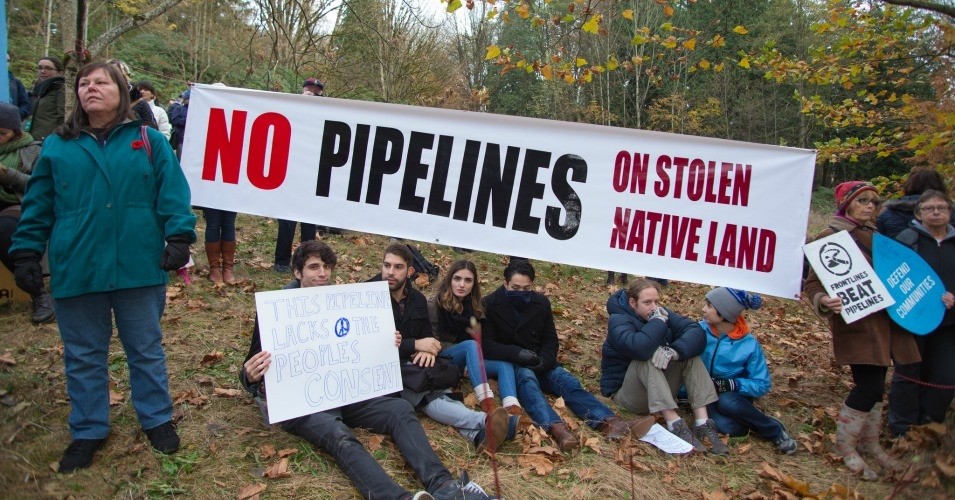
Canada high court dismisses case against pipeline
The Supreme Court of Canada dismissed an appeal by the Squamish and Tsleil-Waututh First Nations, ending their years-long battle against construction of the Trans-Mountain Pipeline. The pipeline is a controversial project to carry crude oil between Alberta and British Columbia’s coast. The First Nations filed their appeal after a decision by the Federal Court of Appeals that upheld the pipeline’s legality. The Tsleil-Waututh asserted sovereignty over the land, and their “freestanding stewardship, harvesting and cultural rights in this area.” Both nations further claimed that the pipeline’s construction would obstruct access to water, game and agricultural resources. The British Columbia provincial government also expressed its opposition to the project. Nevertheless, the Supreme Court’s dismissal allows construction to go forward unhindered by further appeals. (Photo: Mark Klotz/Flickr via EcoWatch)




